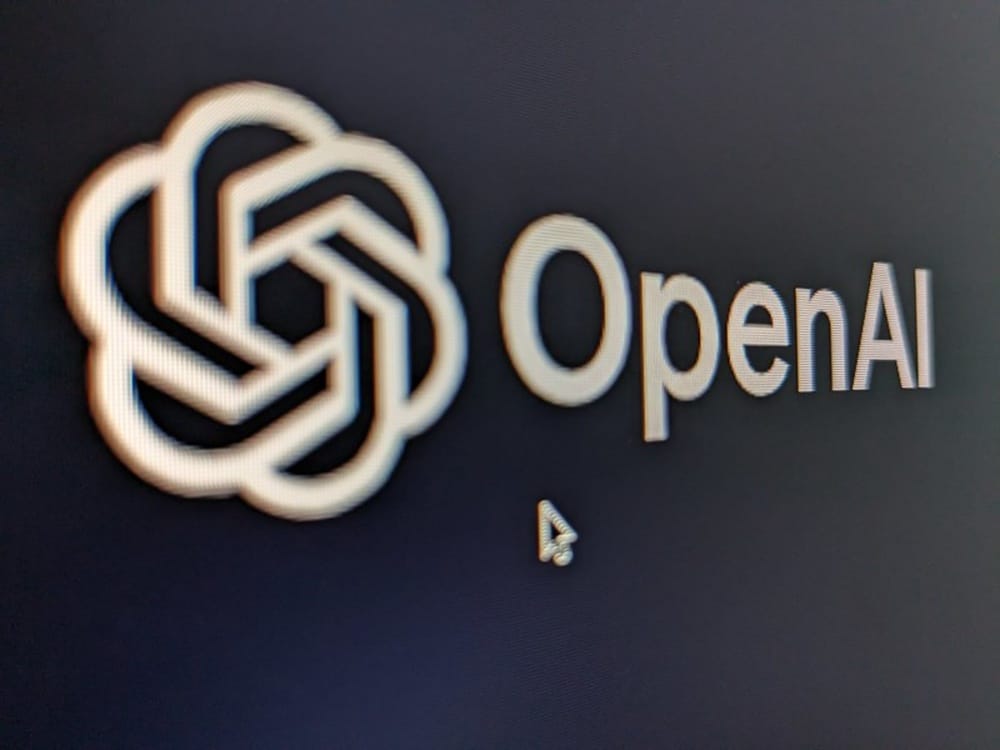A major legal showdown over AI copyright issues is taking shape in Manhattan as multiple lawsuits against OpenAI and Microsoft have been consolidated into a single case.
The U.S. Judicial Panel on Multidistrict Litigation ordered on Thursday that twelve separate copyright lawsuits be combined and heard in New York’s Southern District, despite objections from most plaintiffs who argued their cases were too different to merge.
Authors and Publishers Join Forces
The consolidated case brings together lawsuits filed by heavyweight authors including Ta-Nehisi Coates, Michael Chabon, Junot Díaz, John Grisham, Jonathan Franzen, George R.R. Martin, and comedian Sarah Silverman. Also joining the fight is The New York Times and other news outlets who claim their copyrighted content was used without permission to train AI models.
Judge Sidney Stein, who will oversee the consolidated cases, recently denied OpenAI’s motion to dismiss The New York Times’ lawsuit. OpenAI had argued the newspaper should have known about potential copyright issues back in 2020.
“OpenAI fails to explain why the articles, even if their existence had been known to plaintiffs at the time of their publishing, are sufficient to put plaintiffs on notice of the particular infringing conduct,” Judge Stein wrote, calling one of OpenAI’s arguments a “straw man.”
Similar posts:
Core Legal Arguments
The central issue: Did OpenAI and Microsoft illegally use copyrighted materials to train their large language models (LLMs) without permission or compensation?
Authors and publishers claim OpenAI’s ChatGPT and similar tools can reproduce their work, potentially violating copyright law and threatening their business models. The New York Times provided over 100 pages of examples showing ChatGPT regurgitating portions of their articles.
OpenAI contends its use of publicly available content qualifies as “fair use” under copyright law, which allows limited use of copyrighted material in certain circumstances.
“We welcome this development and look forward to making it clear in court that our models are trained on publicly available data, grounded in fair use, and supportive of innovation,” an OpenAI spokesperson said after the consolidation order.
The Times’ attorney, Steven Lieberman, countered that they look forward to “continuing to prove in New York that Microsoft and OpenAI committed widespread theft of millions of Times and Daily News works.”
Legal Victories and Defeats
Judge Stein’s recent ruling delivered mixed results:
- The Times can proceed with claims that OpenAI “contributes to” copyright infringement by ChatGPT users who might use the tool to bypass paywalls
- The judge dismissed the “free-riding” claim that ChatGPT unfairly profits from time-sensitive news items
- Claims about removal of copyright management information were also dismissed
Industry Implications
This consolidated case represents a pivotal moment for AI development. If courts rule against OpenAI’s “fair use” argument, it could dramatically reshape how AI companies train their models.
The case highlights tensions between tech innovation and creator rights as AI increasingly mimics human creative output. Publishers, writers, and other content creators are closely monitoring these proceedings, which could establish precedents affecting the entire industry.
Meanwhile, other tech firms face similar challenges. Authors have also sued Meta, alleging CEO Mark Zuckerberg approved using a “shadow library” containing millions of books for AI training. Protesters recently gathered outside Meta’s London offices with signs reading “Get the Zuck off our books.”







